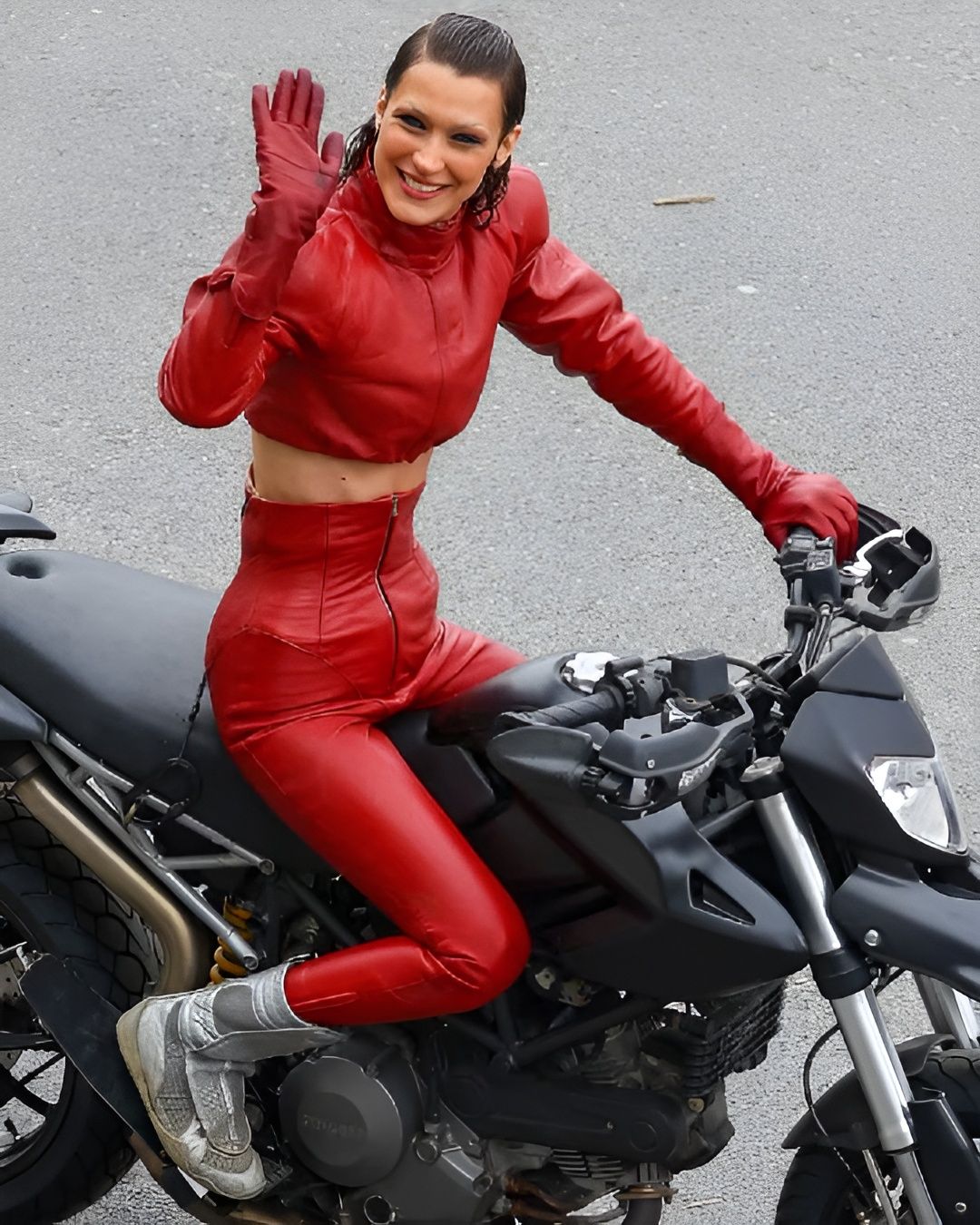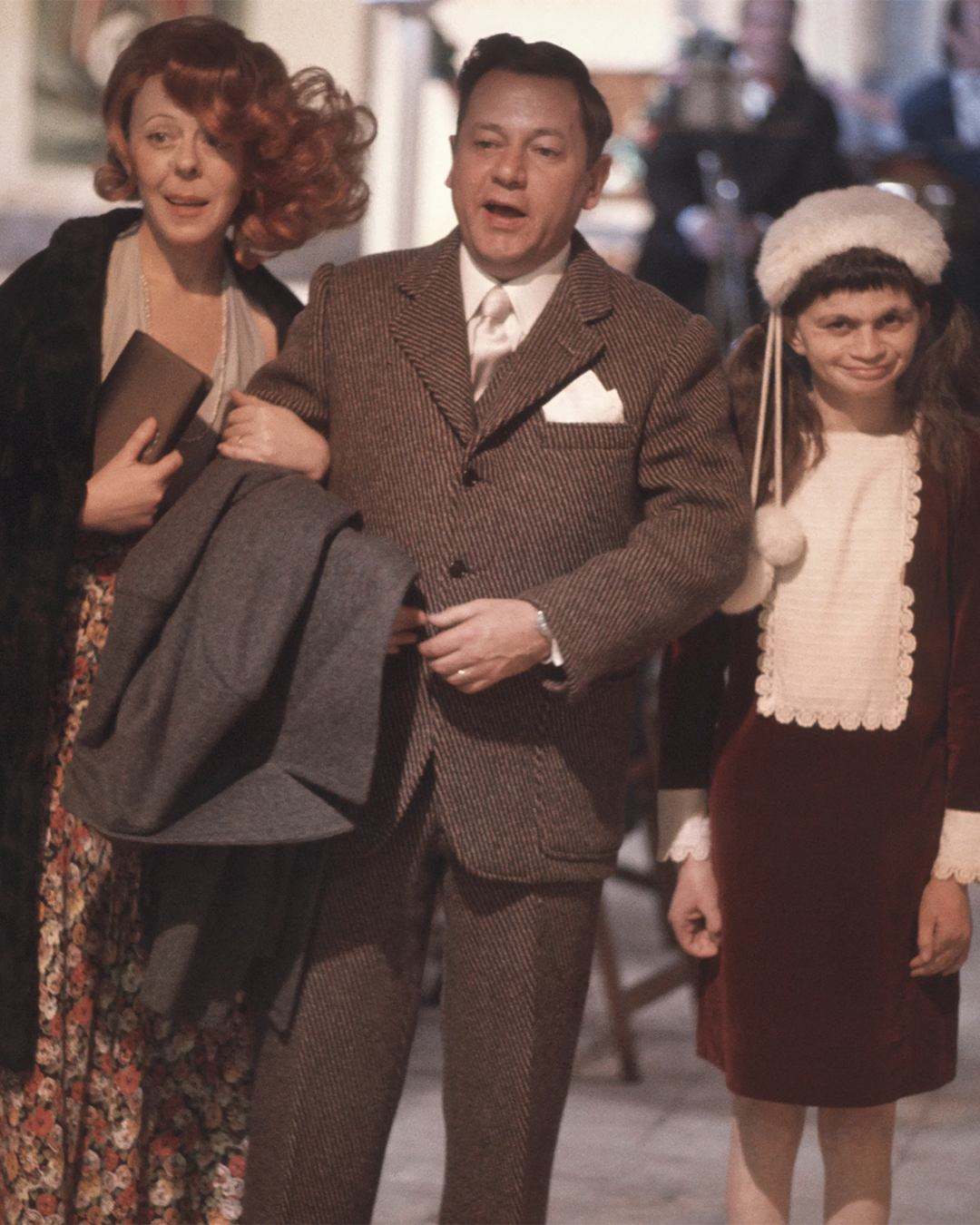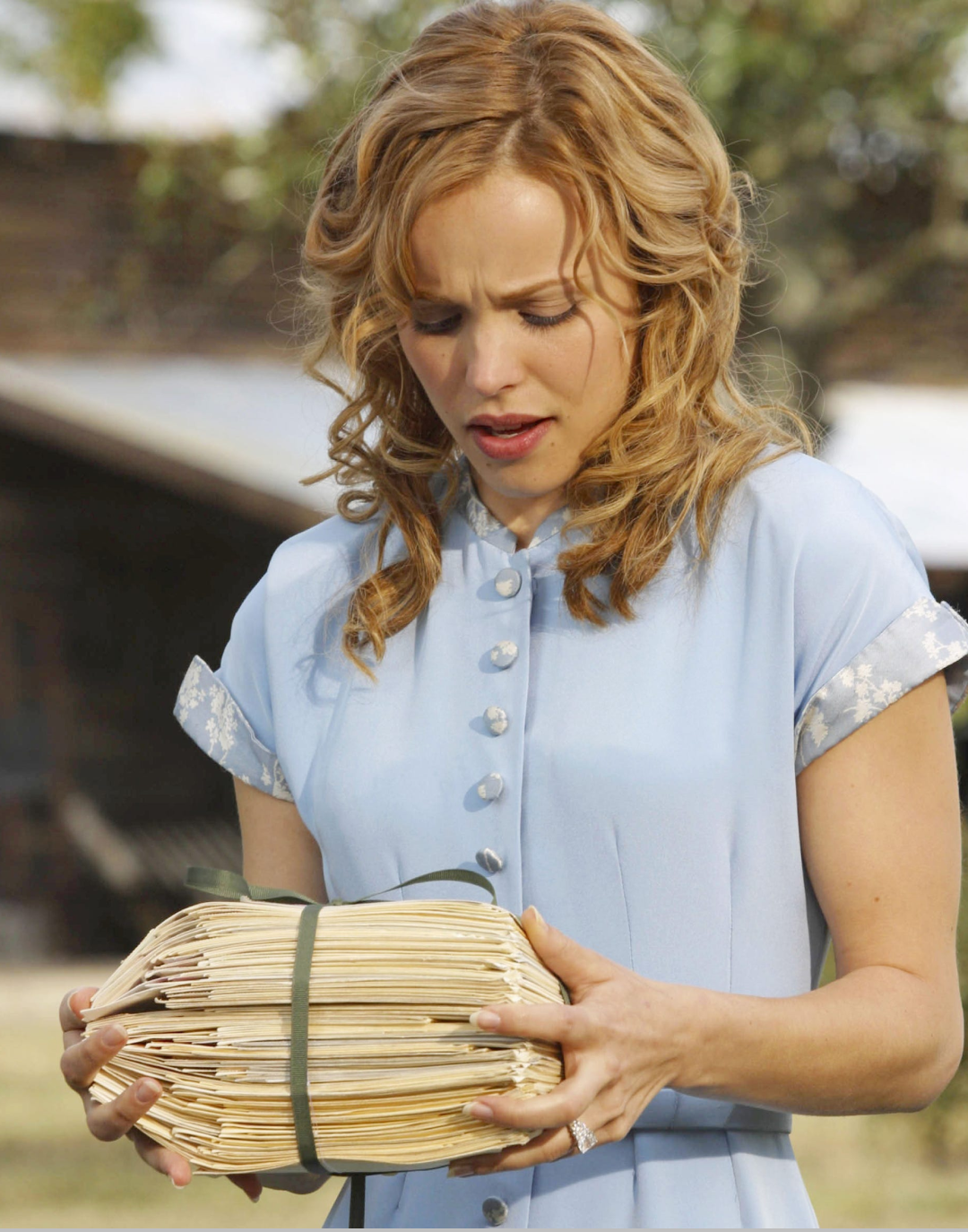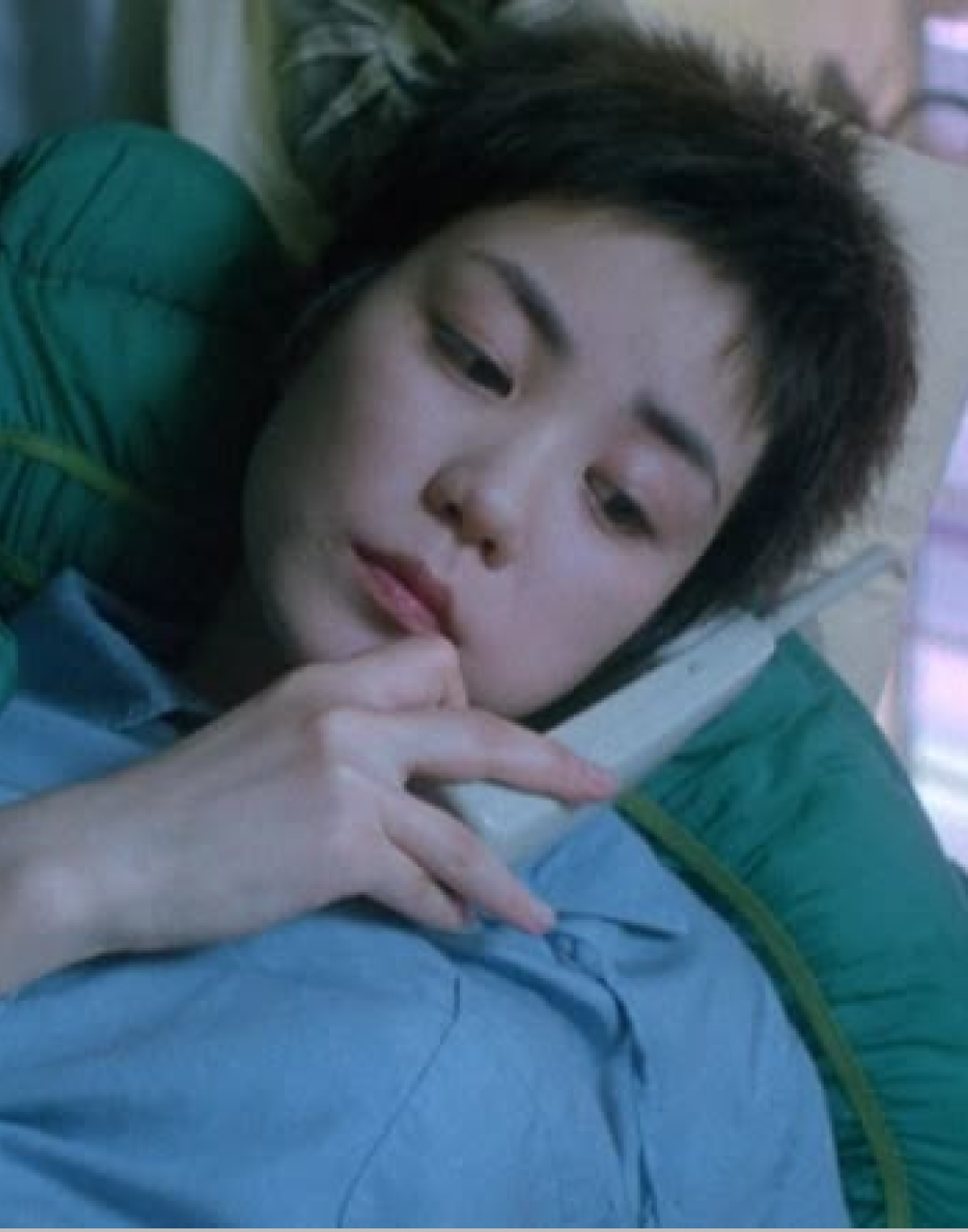Does it make sense to build a brand around the fame of a TikTok star? Maybe yes if Charli D'Amelio is involved
Hollister, the "younger" brother of Abercrombie & Fitch, recently announced the upcoming launch of Social Tourist, a new brand founded in collaboration with TikTok Queen Charli D'Amelio and her sister Dixie. Clearly, given the enormity of D'Amelio's social following, it's a global operation that should, supposedly, launch the definitive "Gen Z brand" – a brand capable of replicating the extraordinary phenomenon that occurred about ten years ago with Abercrombie & Fitch in the golden age between 1997 and 2007.
An interesting fact is that the brand will be digital-first: that is, some items will be sold in Hollister stores but the rest of the collections will only be sold online – an approach certainly due to the 43% growth in online sales that made the group yield 382 million dollars in the third quarter of the last fiscal year.
Why is Social Tourist a novelty?
It's moreover the first brand created by the Abercrombie & Fitch group in more than a decade and comes at a turning point for the group, which after the radical rebranding that took place after 2010 and the sharp downsizing of its retail structure and commercial operations that occurred during the lockdown, intends to create the new powerhouse of American teen brands. The deep involvement of Charli D'Amelio and her sister, involved in a multi-year partnership, and the digital-first approach of the brand gives an idea of the scale of the project but also of the new road-map that a "newborn" brand dedicated to Gen Z can have. From a marketing point of view, in fact, Social Tourist could start with a considerable advantage as its "light" structure, largely based on e-commerce, can literally fly in analytics in the wake of the huge social following of the D'Amelio sisters who, let's not forget, are not only the faces of the brand but are part of it on a deeper level, having been involved in the creative direction of the collection.
Such a brand will give the parent company the opportunity to test digital growth strategies and collect important data on teen market trends but it also shows that the Abercrombie & Fitch group is willing to experiment with a new venture that could be the first to "crack" the code of success on TikTok. The app announced last February the next arrival of an in-app marketplace that, not unlike the feature that allows you to shop on Instagram, could give Social Tourist items devastating traction. Just imagine what could happen if Charli d'Amelio posted a video on TikTok in Social Tourist clothes giving her followers the chance to buy them with a simple click in the same app – all this considering the relatively low price points of teen brands in general. The fact that Social Tourist collections will be released in periodic drops also suggests the kind of hype that the brand will be able to create globally, also thanks to the fact that its digital-first nature will solve the many problems and costs of the logistics of physical retail.
The challenge
The clothing and, more generally, lifestyle brands launched by celebrities are almost a convention in the USA, where every successful singer has launched lines of beauty, perfumes, spirits and clothes. All these commercial enterprises are often successful, thanks of course to the celebrity-generated traction that puts their face on their products. The only structural problem of such brands is a lack of organic traction: in short, having lost the support of celebrity, the brand tends to lose its very reason for being. The main challenge for the Abercrombie & Fitch group, therefore, will be to harness the media power of the Amelio sisters but also to create a business model that goes beyond immediate social success and can, one day, support itself on its own legs. In fact, in recent times there have been cases of having very successful beauty brands that, after controversies or scandals involving their sponsors, have received heavy economic damage: when influencer James Charles was accused of harassment, for example, it was his partner Morphe who was boycotted and the same happened to Danielle Bernstein and his brand WeWoreWhat, so tied to the popularity of its founder (and accused of plagiarism) that it ended up in bad shape at the first sign of online controversy.





























































